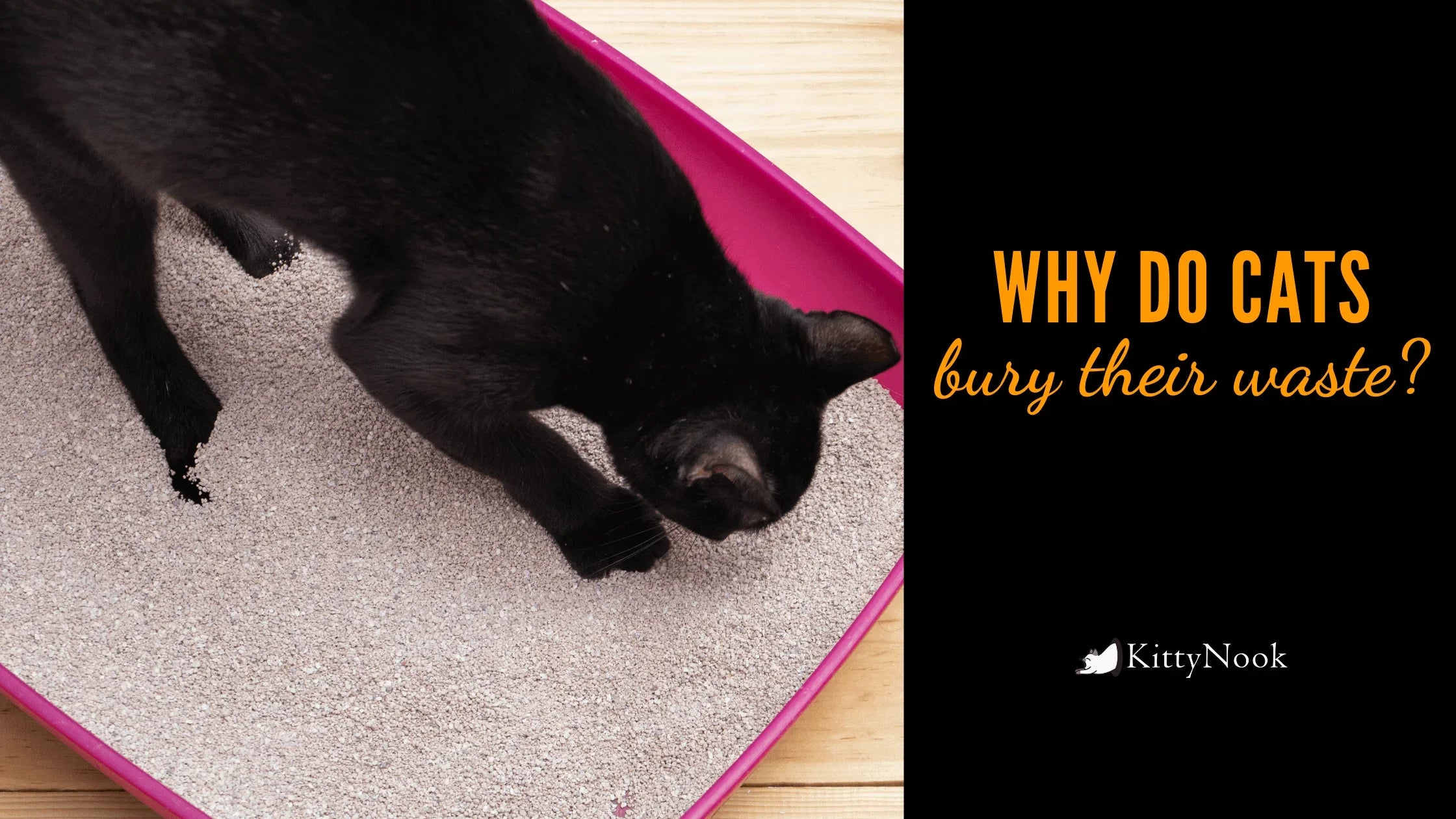Cats are very simple to potty train. They intuitively know how to make use of a litter box. But why do they bury their waste?

Cats have a reputation for being low-maintenance pets. One reason is they are simple to potty train. They naturally recognize how to make use of a litter box. All you need to do is show them where it is and remember what to do.
The coolest thing about that kitten that you have been bottle feeding is after you placed them in a litter box with a full belly for the first time, they immediately begin digging. They are programmed to do so, and it's fantastic.
This is because cat litter resembles cats' favored restroom in the wild. Cats are not exclusive in this habit of burying their waste. Some animals that also hide their poop include woodchucks, minks, armadillos, and weasels. In the wild, cats dig an opening, do their task, and hide it afterward. It may be a survival system. Hiding their waste also hides their existence from potential predators in the wild.
Cat litter habits
Interestingly, large cat varieties with no predators—lions, tigers, and jaguars—do not bury their poop. Instead, they utilize their excrement to claim an area as their territory. Smaller sized cats bury their waste to keep predators off their tracks and prey off-guard.
Too seldom do pet cats mark with poop. Instead, they note their territories by spraying with urine. However, they spray on the sides of their territory and not on the home base. It is believed that they do this to protect themselves from parasites.
Knowing intuitive cats are using the litter box, cat parents must note that something is wrong if they fail to use it. That reaction is essential. Read this article for some tips on where to properly place your litter boxes.
Odd litter box habits

In some cases, very young kitties can't quite master the litter box. They might play in it, sleep in it, or reject it altogether. If they're avoiding the litter box, it may be that their mom had not been around to show them how to utilize it. The litter box itself may also be significantly large for them. Make sure they can enter and exit the litter box by themselves.
If your pet cat will not use the litter box:
If your cat suddenly stops using the litter box, make an appointment with your vet to rule out a clinical cause. Some conditions can cause discomfort when peeing or excreting, and your pet cat will undoubtedly associate that pain with the litter box.
Once you have ruled out a possible clinical condition, consider feasible behavioral triggers. If anxiousness and territorial issues are not to blame, maybe it is the box itself. It may be too small, too big, or unclean.
Some signs that your cat has an issue with the litter box:
- Sitting on the side, hesitant to put his feet down.
- Shaking his paws
- Going out after using the can
In some cases, it's not the box but the litter—felines like sandy and unscented litter. A cat's sense of scent is also more powerful than ours. What we find to be good smelling products may put our cat off.
Like people, cats are particular about their litter habits and want a clean commode. Learn what they like based on their behavior and offer them what they want.





















